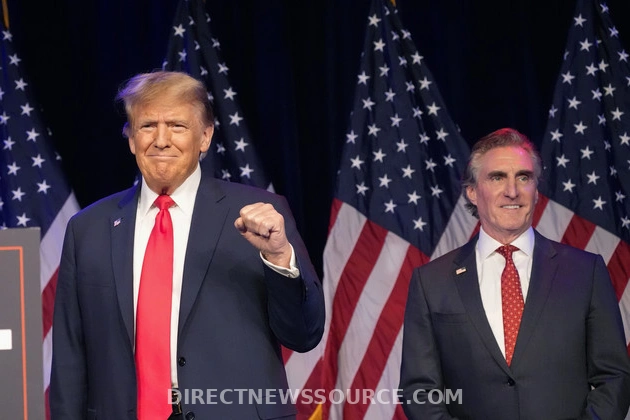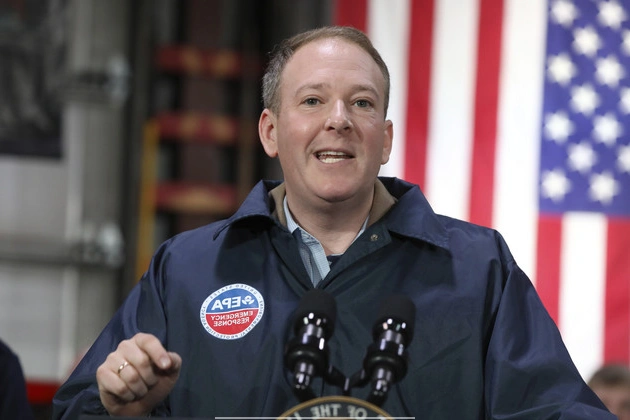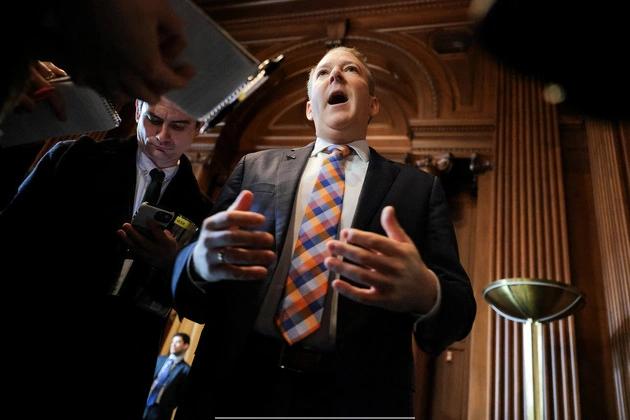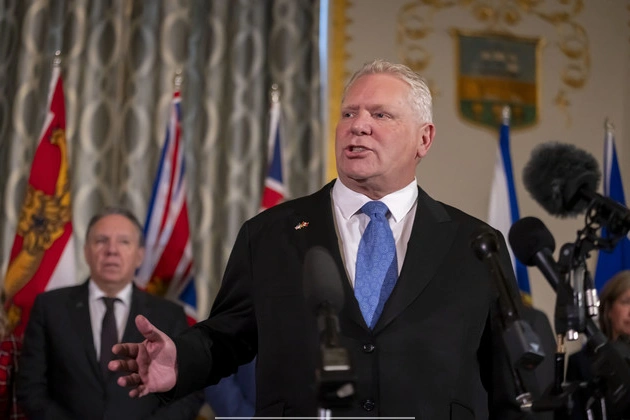
Trump's Energy Council Struggles with Leadership and Budget Issues
President-elect Donald Trump’s initiative to establish a new energy council aimed at advancing his ‘energy dominance’ agenda is encountering obstacles due to internal power struggles and disagreements over its financial resources. The National Energy Council, initially introduced in November with North Dakota Governor Doug Burgum slated to lead, is intended to streamline energy policies and regulations across the federal government.
Leadership Turmoil and Structural Uncertainty
Despite not being formally launched, the council is already facing scrutiny regarding its organization, staffing, and its role in policy formulation. A key concern is the council’s nomenclature, prompting discussions to rename it as the National Energy Dominance Council to prevent confusion with the National Economic Council.
Reports indicate that the council may operate on an interim basis with limited staff and will ultimately report to Stephen Miller, the incoming White House deputy chief of staff for policy. However, the exact structure and reporting lines remain fluid, raising questions about the council’s operational autonomy.
Budgetary Disputes and Competing Advisory Roles
Internal disagreements have surfaced over the council’s budget allocation and staffing decisions. Tensions have escalated over whether the new council will serve as the primary advisory body on energy matters within the White House, or if responsibilities will be shared with the National Security Council and National Economic Council, as seen in previous administrations.
While details about the council are scarce, it is known that Chris Wright, CEO of Liberty Energy, is being considered as a potential co-chair alongside Burgum. This development has triggered concerns about conflicting leadership roles and the alignment of council members with industry interests.
Policy Perspectives and Potential Conflicts
Wright’s stance on climate change and energy policy, characterized by a pro-fossil fuel and export-oriented approach, contrasts with Burgum’s more nuanced position, which includes advocating for U.S. oil while promoting carbon neutrality in North Dakota by 2030. The divergent viewpoints of potential council co-chairs reflect broader debates within the energy sector and the Trump administration’s policy direction.
As discussions unfold, questions persist about the council’s composition, decision-making processes, and its alignment with Trump’s energy priorities. Stakeholders are monitoring the evolving dynamics within the council to gauge its impact on energy policy formulation and implementation.















